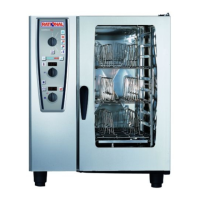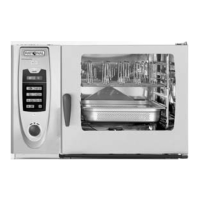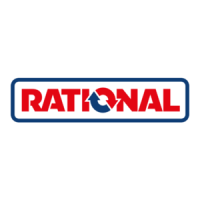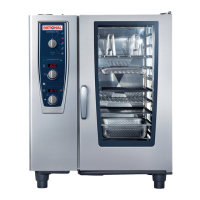46
7 Water connection
regarding water and sewer connections, espe-
cially those regarding installation of water
intake points.
Only USA (not valid for CAN) In most cases, water connections do not require
additional filters or water treatment.
Filtration and/or water treatment (A, B, C, D)
may be necessary if water conditions are critical.
Contact the local water supply company to
inquire about water chloride levels (Cl
–
), chlorine
levels (Cl
2
) and hardness.
7.4 Selectingwaterlters
A) Fine filters We recommend fine filters with fineness of 5 -
15µm for filtering water contaminated with sand,
iron particles or suspended matter.
B) Active carbon filters If water contains high levels of chlorine Cl
2
(over
0.2mg/l, corresponds to 0.2ppm; information
provided by water supply company), (typically
municiple supplied water).
C) Reverse osmosis system Due to corrosion risks, a reverse osmosis system
must be used if and only if chloride (Cl
–
) con-
centrations are above 80mg/l (corresponds to
80ppm, information provided by water supply
company).
Note: Ensure that the minimum conductivity
value of 50µS/cm (Micro Siemens) is being
maintained.
D) Water softening:
SCC: When used properly, these units remove lime
from water completely independently, so upscale
water softening is not necessary.
CMP: Recommended for treating water if severe calci-
fication occurs (without chloride contamination).
Systems: Weak acid decarbonization (H
+
ion
exchange).
Sodium ion exchangers (as are commonly found
in dishwashers) are not recommended.
Phosphate metering is also not recommended
due to its negative effects on the water system.
